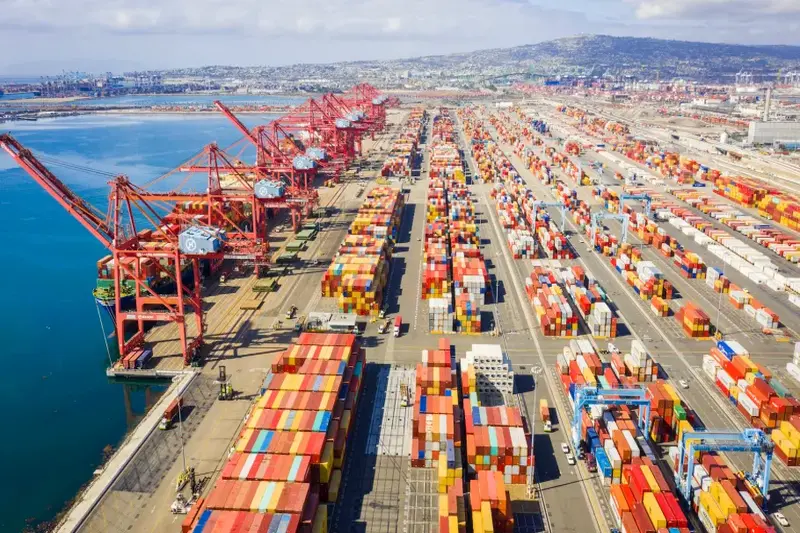
Customs Clearance Turkey
Turkey's strategic location as a bridge between Europe and Asia makes it a crucial hub for international trade. For businesses and individuals involved in importing or exporting goods to and from Turkey, understanding the intricacies of customs clearance is essential.
Understanding Turkish Customs Regulations
Turkey's customs regulations are designed to facilitate trade while ensuring compliance with national and international standards. The Turkish Customs Administration, operating under the Ministry of Trade, oversees these regulations. Importers and exporters must familiarize themselves with the current laws to avoid delays and penalties.
Key Aspects of Turkish Customs Regulations:
- Tariff Classification: Proper classification of goods according to the Turkish Customs Tariff is crucial for determining applicable duties and taxes.
- Valuation Methods: Understanding how customs value is calculated helps in accurate declaration and payment of duties.
- Documentation Requirements: Preparing and submitting correct documentation is vital for smooth clearance.
- Restricted and Prohibited Items: Awareness of goods that are subject to special permits or completely banned from import/export is essential.
Alanya Firm and Nergizler Hukuk ve Danışmanlık offer expert guidance on navigating these regulations, ensuring compliance and efficiency in customs procedures.
The Customs Clearance Process in Turkey
The customs clearance Turkey involves several steps, from the arrival of goods to their release. Understanding this process is crucial for timely and cost-effective clearance.
Steps in the Customs Clearance Process:
- Arrival Notification: Informing customs authorities about the incoming shipment.
- Document Submission: Providing necessary paperwork, including the customs declaration form.
- Inspection: Physical examination of goods, if required by customs officials.
- Duty and Tax Assessment: Calculation and payment of applicable duties and taxes.
- Release of Goods: Final step where goods are cleared for entry into Turkey or for export.
Nergizler Hukuk ve Danışmanlık specializes in streamlining this process, offering comprehensive support at each stage to ensure smooth customs clearance Turkey.
Required Documentation for Customs Clearance
Proper documentation is the cornerstone of successful customs clearance. Turkish customs authorities require specific documents to process imports and exports efficiently.
Essential Documents for Customs Clearance:
- Commercial Invoice: Detailing the transaction between buyer and seller.
- Packing List: Providing information about the packaged goods.
- Bill of Lading or Airway Bill: Serving as a receipt for the goods in transit.
- Certificate of Origin: Proving the country where the goods were manufactured.
- Customs Declaration Form: Official document for declaring imported/exported goods.
Alanya Firm assists clients in preparing and organizing these documents, ensuring accuracy and completeness to facilitate smooth customs clearance turkey.
In conclusion, navigating customs clearance in Turkey requires a comprehensive understanding of regulations, processes, and potential challenges. By staying informed and seeking expert assistance, businesses can ensure smooth and efficient customs operations. Alanya Firm and Nergizler Hukuk ve Danışmanlık stand ready to provide the necessary guidance and support for successful customs clearance turkey, helping businesses thrive in the dynamic world of international trade.





